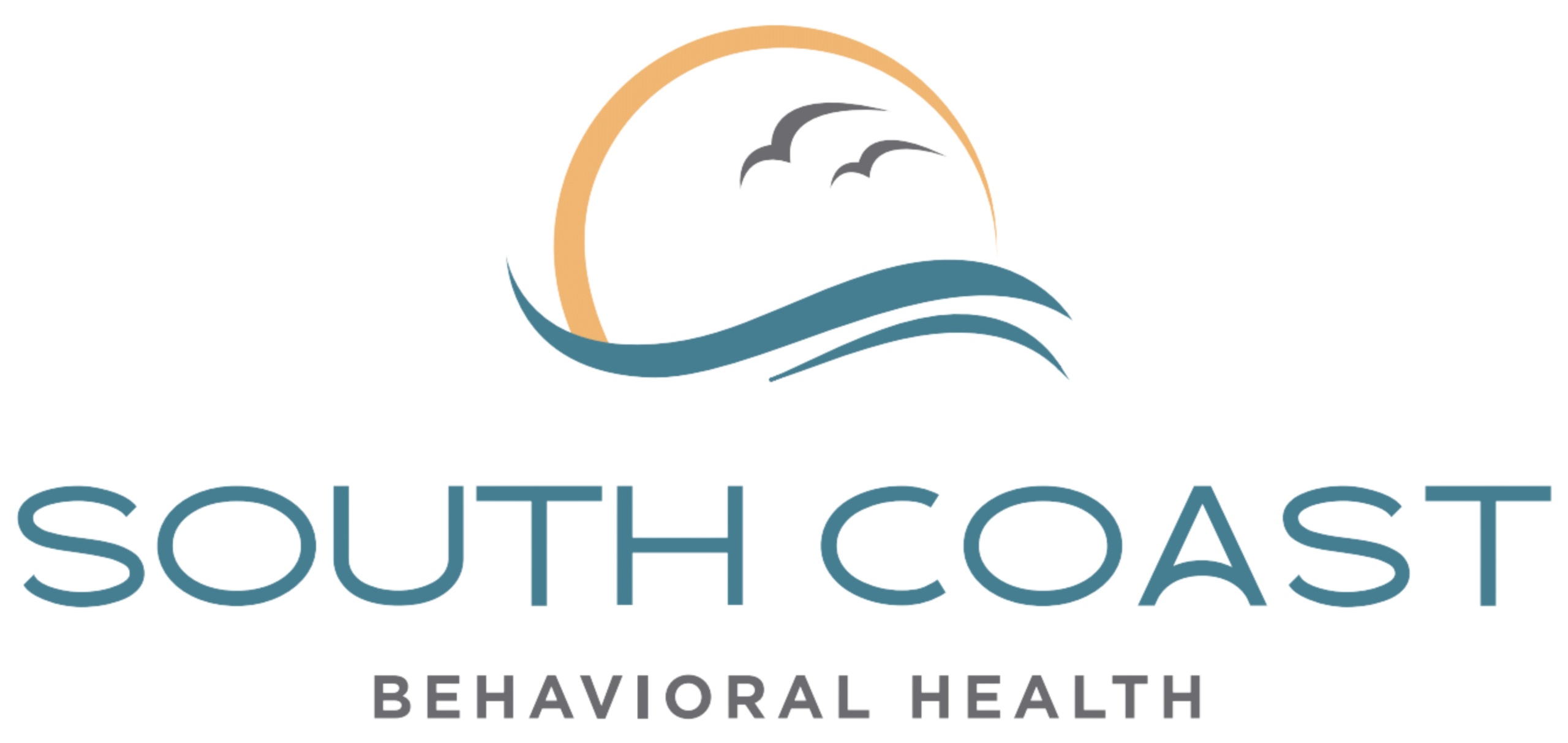Individualized Treatment Plans
Individualized treatment plans are crucial because every person’s journey to recovery is unique.
Factors that can influence this include:
- Type and severity of the disorder,
- The presence of any co-occurring conditions
- Personal history
- Treatment preferences
An individualized treatment approach ensures that clinicians offer person-centered care that focuses on each person’s needs and goals in recovery. Tailoring treatment to each individual ultimately leads to better outcomes and a more supportive and empathetic therapeutic experience.

We are open 24 hours per day, 7 days per week, 365 days per year.
What Is a Treatment Plan?
A treatment plan is a comprehensive, personalized roadmap designed to guide the recovery process for individuals dealing with mental health disorders, substance use disorders, or co-occurring conditions. It’s a collaborative effort between the person seeking treatment and their healthcare providers, typically including therapists, counselors, and medical professionals.
Here’s an overview of what a typical treatment plan entails:
- Assessment: The process begins with a thorough assessment of the individual’s physical and mental health, history, and current challenges. This evaluation helps identify the specific issues that need to be addressed.
- Goal Setting: Collaboratively, treatment goals are established. These goals should be specific, measurable, achievable, relevant, and time-bound (SMART). They provide a clear target for recovery.
- Treatment Modalities: The plan outlines the treatment approaches and therapies to be used. This may include individual therapy, group therapy, medication management, holistic therapies, or other evidence-based practices.
- Timelines: The plan includes a timeline that outlines the duration of each treatment phase and the anticipated milestones. It helps individuals track their progress and stay motivated.
- Crisis Management: Plans typically include strategies for managing crisis situations or relapses, ensuring individuals have coping mechanisms when facing setbacks.
- Support Network: A treatment plan should identify any family, friends, or support groups, that will play a role in the recovery process.
- Lifestyle Adjustments: Lifestyle modifications such as exercise, nutrition, sleep, and stress management play an important role in supporting mental health.
- Regular Monitoring: Treatment involves ongoing assessments and check-ins to evaluate progress and make necessary adjustments to the plan.
- Documentation: Treatment plans serve as legal and clinical documents that document the therapeutic process. They are often required for insurance purposes, legal matters, and continuity of care.
- Flexibility: Importantly, treatment plans should remain flexible to adapt to changing needs and circumstances throughout the recovery journey.
By tailoring treatment plans to individual needs and regularly revisiting them, healthcare providers can offer more effective care, increase the likelihood of successful outcomes, and provide a roadmap toward improved mental health and well-being.
Are Individualized Treatment Plans More Effective?
Individualized treatment plans are widely recognized as more effective in addressing mental health and substance use disorders. When building an individualized treatment plan, clinicians meet with the client to assess their needs and work collaboratively to create a plan that meets their unique needs.
Individualized treatment is more effective than one-sized-fits-all plans for several reasons, some of which include:
- Tailored to Specific Needs: Individualized plans consider each person’s unique circumstances, including their history, strengths, challenges, and goals. This customized approach allows treatment to directly target the issues that matter most to the individual.
- Higher Engagement: When individuals actively take part in creating their treatment plans, they are more engaged and committed to the process. This leads to better treatment adherence and outcomes.
- Flexibility: Mental health and addiction issues are not one-size-fits-all problems. Individualized plans can adapt to changing needs, ensuring that treatment remains relevant and effective.
- Holistic Care: These plans often take a holistic view, addressing not only the specific disorder but also other aspects of a person’s life, such as relationships, lifestyle, and overall well-being.
- Better Outcomes: Studies have shown that individualized treatment plans lead to improved outcomes, including higher rates of recovery, reduced relapse, and increased overall satisfaction with treatment.
- Empowerment: Customized plans empower individuals to take ownership of their recovery journey. This empowerment can boost self-esteem and confidence, crucial factors in sustained recovery.
Individualized treatment plans are essential in modern mental health and addiction treatment. They prioritize the individual’s unique needs and circumstances, offering a more effective and person-centered approach to healing and recovery. In doing so, addiction treatment centers can provide the highest level of care while reducing potential risks for relapse.
How Are Treatment Plans Individualized?
By individualizing treatment plans, our clinicians can address the specific needs and challenges of each person, maximizing the chances of success in rehab and recovery.
Some examples of how treatment plans are tailored to individuals include:
- Assessment and Evaluation: Before treatment begins, our clients undergo a thorough assessment. For someone with co-occurring disorders (substance use and mental health issues), the treatment plan might emphasize integrated care, addressing both aspects simultaneously.
- Detoxification: If a client enters treatment with a substance use disorder, the initial focus may be on medically supervised detoxification to safely manage withdrawal symptoms.
- Therapeutic Modalities: Based on the assessment, a client might benefit from specific therapeutic modalities. For example, a person with trauma-related issues may receive trauma-focused therapy like Eye Movement Desensitization and Reprocessing (EMDR).
- Medication Management: In cases where medication is necessary, the treatment plan will include medication management, with regular check-ins to adjust medications as needed.
- Group Therapy: Group therapy options are diverse and include process groups, psychoeducation groups, and support groups. For instance, clients struggling with anxiety can participate in a Cognitive-Behavioral Therapy (CBT) group to learn coping strategies.
- Family Involvement: If family dynamics play a role in the client’s condition, family therapy sessions may be integrated to foster understanding and healing.
- Holistic Approaches: For clients seeking a holistic approach, treatment may involve activities like yoga, meditation, or art therapy.
- Relapse Prevention: Clients with a history of relapse may focus on relapse prevention strategies and aftercare planning to maintain sobriety.
Group therapy options are extensive and include:
- 12-Step Groups: Such as Alcoholics Anonymous (AA) or Narcotics Anonymous (NA).
- Process Groups: To explore emotions and interpersonal dynamics.
- Psychoeducation Groups: Offering information and skills training.
- Dual Diagnosis Groups: For clients with co-occurring disorders.
- Gender-Specific Groups: Tailored to the unique needs of men or women.
- Mindfulness and Stress Reduction Groups: Focusing on relaxation and coping techniques.
This tailored and flexible approach ensures that clients receive the right care at the right time, increasing the likelihood of successful recovery.
Wondering if Your Insurance Covers the Cost of Rehab?
How Are Treatment Plans Made?
Creating a treatment plan is a collaborative process between a mental health or addiction treatment professional and the individual seeking help.
Here’s a step-by-step guide on how we develop our treatment plans:
- Initial Assessment: The process begins with an initial assessment where the one of our clinicians gathers information about your medical history, mental health, substance use history, personal circumstances, and treatment goals.
- Goal Setting: Based on the assessment, specific treatment goals are established. These goals should be realistic, measurable, and aligned with the individual’s needs and desires. Goals may include achieving abstinence, improving mental health, or enhancing coping skills.
- Choosing Interventions: Treatment professionals select evidence-based interventions and therapies that are most likely to help the individual achieve their goals. These may include individual therapy, group therapy, medication management, or holistic approaches like yoga or art therapy.
- Individualized Plan: Using the chosen interventions, a personalized treatment plan is developed. This plan outlines the specific interventions, the frequency and duration of sessions, and the expected outcomes.
- Informed Consent: The individual is presented with the treatment plan and must provide informed consent before treatment begins. This ensures that they are actively involved in their care and understand what to expect.
- Regular Evaluation: Throughout the treatment process, the plan is regularly evaluated and adjusted as needed. Progress is monitored, and modifications are made to address any challenges or changes in goals.
- Engagement and Support: The individual actively participates in the treatment plan, attending sessions, taking prescribed medications, and engaging in therapeutic activities. The treatment team provides ongoing support and guidance.
- Completion and Transition: When treatment goals are met, the individual and their treatment team collaborate on a plan for transitioning out of treatment. This may involve developing relapse prevention strategies or identifying ongoing support resources.
- Documentation: Throughout the process, detailed records are kept, including progress notes, assessments, and any changes to the treatment plan. This documentation is crucial for legal and insurance purposes.
- Continued Monitoring: Even after completing the formal treatment plan, individuals may continue with aftercare, support groups, or periodic check-ins with their treatment provider to maintain their progress and prevent relapse.
Creating a treatment plan involves a thorough assessment, goal setting, individualized planning, informed consent, ongoing evaluation, active engagement, and documentation. It’s a dynamic process that adapts to the individual’s changing needs and progress toward recovery.
Example of a Treatment Plan
Treatment plans may vary slightly between mental health clinics due to individualized needs, but they generally follow a standardized structure. They encompass patient information, goals, specific interventions, measurement of progress, and regular review and adjustments. This consistency ensures that essential components are addressed while allowing flexibility to cater to each patient’s unique circumstances. Here is a sample (fictional) treatment plan:
Patient Information:
Name: Jane Doe
Date of Birth: January 15, 1985
Diagnosis: Major Depressive Disorder (MDD), moderate
Treatment Provider: Dr. Sarah Thompson, Licensed Clinical Psychologist
Treatment Goals:
- Reduce Depressive Symptoms: Jane will experience a significant reduction in depressive symptoms, including persistent sadness, low energy, and feelings of hopelessness.
- Enhance Coping Skills: Jane will develop effective coping strategies to manage stress and negative emotions.
- Improve Interpersonal Relationships: Jane will work on improving her communication and conflict resolution skills, leading to healthier relationships with her family and friends.
Interventions:
- Individual Cognitive-Behavioral Therapy (CBT):
Jane will attend weekly 60-minute CBT sessions to address negative thought patterns and develop healthier cognitive and behavioral patterns.
- Medication Management:
Dr. Thompson will prescribe a selective serotonin reuptake inhibitor (SSRI) to help regulate mood.
- Mindfulness-Based Stress Reduction (MBSR):
Jane will participate in a weekly 90-minute MBSR group to develop mindfulness skills and reduce stress.
- Family Therapy:
Bi-weekly family therapy sessions will focus on improving communication within the family and addressing family dynamics contributing to Jane’s depression.
Frequency and Duration:
Individual CBT: Once a week for 16 weeks
Medication Management: Ongoing with regular follow-up appointments
MBSR Group: Once a week for 12 weeks
Family Therapy: Once every two weeks for 6 months, then as needed
Measurement of Progress:
Depressive symptoms will be assessed using the Beck Depression Inventory-II (BDI-II) during each therapy session.
Jane will maintain a mood journal to track daily emotions and identify thought patterns.
Feedback from family members regarding improved communication and relationships.
Review and Adjustments:
Dr. Thompson will review Jane’s progress bi-weekly and adjust the treatment plan as needed.
If Jane’s symptoms worsen or new issues arise, the treatment plan may be modified to address these concerns.
Informed Consent:
Jane has been provided with detailed information about her treatment plan, including its goals, interventions, and potential risks and benefits. She has provided informed consent to proceed with treatment.
Signature:
Jane Doe (Patient)
Dr. Sarah Thompson (Treatment Provider)
This is a fictional example of a treatment plan and does not represent actual medical advice. Treatment plans should be developed and supervised by licensed mental health professionals.
Get A Confidential Assessment From A Recovery Specialist
Individualized Treatment Plans in Orange County, CA
No matter what your substance use or mental health concerns may be, we have the treatment options and resources you need to successfully achieve and maintain long-term recovery. If you are interested in learning more about our programs or are ready to start your recovery, reach out to us today!
We provide individualized treatment plans for men within our medical detox and residential treatment centers in Irvine, CA.
We offer individualized treatment plans for women at our medical detox and residential treatment centers in Huntington Beach, CA.
We provide individualized treatment plans for men within our residential inpatient facility in Costa Mesa, CA.
We provide individualized treatment plans during our PHP and IOP programs in Newport Beach, CA.
















